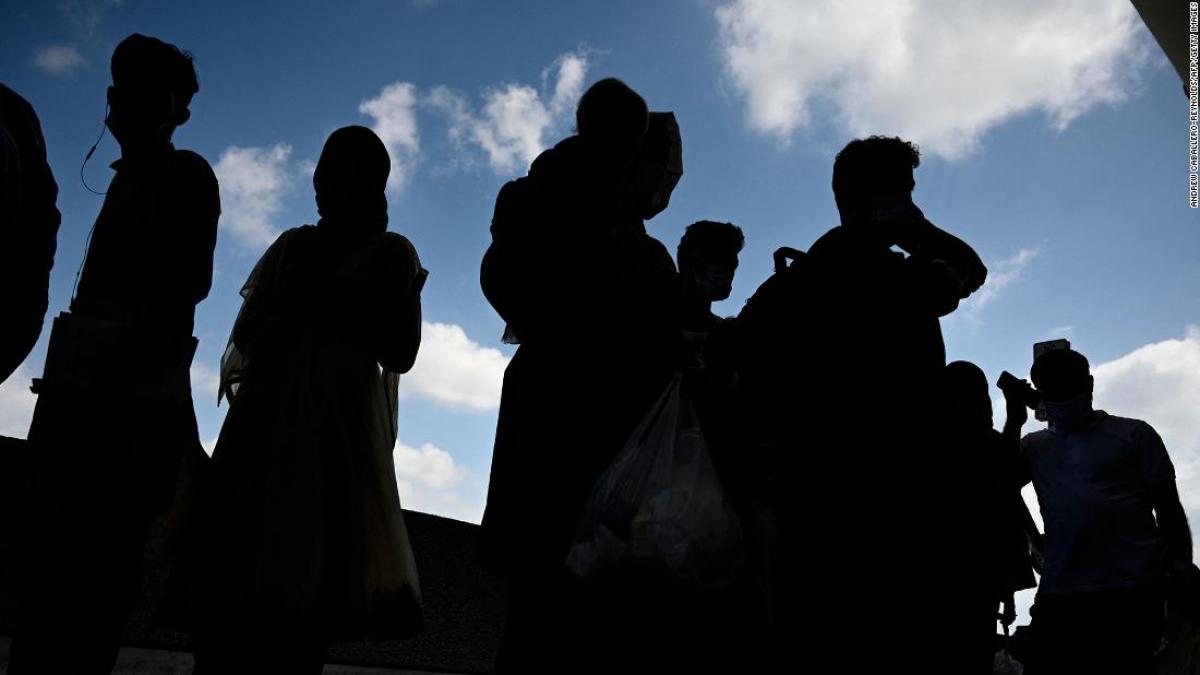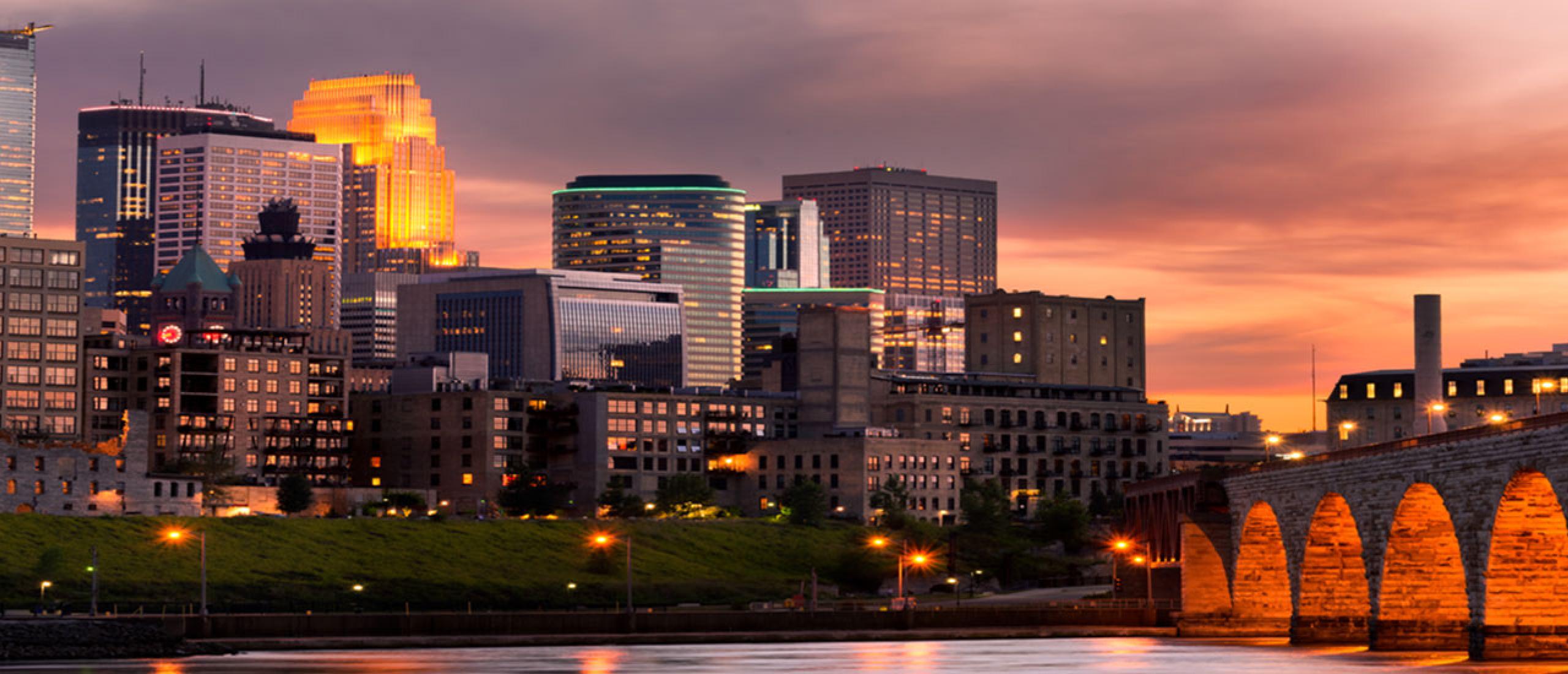Rep. Omar on Situation in Afghanistan

As I heard the news out of Afghanistan—the families scrambling to get on American planes, or the thousands of requests for assistance pouring into my office—I was taken instantly back to my childhood. I remembered sitting in a refugee camp in Kenya when I was about 10 years old and overhearing my father and grandfather discuss how we were going to get out. "Only in America can you ultimately become an American," my grandfather said. "Everywhere else we will always feel like a guest."
He was right. I was lucky to become an American, not a guest, and ultimately represent my new home of Minnesota in the halls of Congress. But right now there are thousands of Afghans, many of whom risked their lives to help the United States, who are wondering if they will have that same opportunity to make new lives here.
My family escaped civil war in Somalia when I was just eight years old, but life in the refugee camp was scarcely better. Every week, someone I knew died. Relatives of mine—a family of six—lost both parents in the span of two weeks. My aunts, uncles, cousins and siblings all contracted malaria.
It was our family's faith in humanity that ultimately saved my life. After nearly four years of survival in a refugee camp, and over a year of intense vetting by the United Nations and the United States, we finally got a golden ticket to come to America. I wouldn't be here today, raising my children in comfort without the generosity of the Kenyan people, the tireless efforts of UN workers and the welcoming spirit of the American people who gave me and my family a second chance at life.
In this critical moment, we must draw upon the best of our history and open our arms to the huddled masses yearning to breathe free. We must, as President Joe Biden said during his presidential campaign, "never turn our backs on who we are or that which makes us uniquely and proudly American. The United States deserves an immigration policy that reflects our highest values as a nation."
For centuries, that has been the American ideal. In the early 20th century, as pogroms swept across Eastern Europe and extreme deprivation gripped the Mediterranean, the United States welcomed over 15 million immigrants—largely from Europe—to our shores.
In the wake of the Vietnam War, the Ford administration immediately granted people fleeing the region permission to enter the US legally. Congress then passed and the President signed the Indochina Migration and Refugee Assistance Act in 1975—providing over $450 million (that's $2.3 billion in today's dollars) to help resettle over 140,000 Vietnamese, Cambodian, and Lao refugees. As the situation remained unstable, we expanded that assistance. By 2017, over 1.3 million Vietnamese immigrants were living in the US. In my home state of Minnesota, the Hmong—an ethnic group who fought alongside Americans in Vietnam—have been a vital and flourishing community since they first started coming here in 1975, eventually sending Minnesotans like Suni Lee to the Olympics to bring home a gold medal.
Of course, every new group of immigrants is met with resistance. After an initial wave of Chinese immigration in the mid-19th century, Congress shamefully passed the Chinese Exclusion Act, a law that wasn't repealed until 1943. After welcoming millions of European migrants at the dawn of the 20th century, nativism took hold and the Immigration Act of 1924 severely restricted immigrants from Southern and Eastern Europe.
This law would disgracefully remain fully on the books until 1952, barring millions of Jewish refugees fleeing Nazi Germany, and forever staining our history. In fact, in 1939 these immigration restrictions were used to justify the denial of 900 Jewish refugees who were fleeing Nazi Germany to enter the United States on the MS St. Louis. Many would later die in Hitler's death camps.
It was in the wake of the unspeakable atrocities of the Holocaust, and the failure of countries around the world to grant asylum to those fleeing violence, that the United States led the creation of the 1948 Universal Declaration of Human Rights, which declared, "Everyone has the right to seek and to enjoy in other countries asylum from persecution." This was later codified in international law in the Geneva Convention, our own laws, and migration laws around the world.
The question we face today is whether or not we will learn from the mistakes of our past. Will we follow the example of Vietnam and recognize the suffering and needs of the Afghan people? Or will we once again fall victim to the nativism and hate that sentenced thousands of people to death in the run-up to the Holocaust?
President Biden has an opportunity to lead a global effort to confront this reality. The President deserves credit for the evacuating over 70,000 people from Kabul in the past week alone, but there are tens of thousands more who need our help. My office alone has received over 5,000 requests from people trying to get family members and colleagues out of Afghanistan just in the past two weeks—representing tens of thousands of individuals who are afraid for their lives. Thursday's terrorist attack on Afghans and US service members was yet another reminder of the terror the people of Afghanistan continue to face. Now is the time to redouble our evacuation efforts and do everything we can to get people out who are most at risk.
We should not let paperwork and bureaucracy be a death sentence. Much like we did in the wake of Vietnam, we must allow Afghan citizens to emigrate here immediately using national interest waivers and humanitarian parole—which the administration has the legal authority to do. We must hold the airport in Kabul and lead an international coalition to evacuate every person who is fleeing for their lives in Afghanistan.
We need to call on our NATO allies and neighboring countries to do their part, because we know when America leads with our values, others feel emboldened to do the same. And we cannot make the deadly mistake of sanctioning the Afghan economy—punishing the millions of innocent Afghans who have endured so much and making a dangerous situation even worse.
Afghanistan is not the only test. Central America, Haiti, Syria, Libya, and countries around the world are currently facing large-scale human rights crises and need our help. The climate emergency is already fueling extreme weather events, and climate migration is sure to be one of the defining political challenges of the coming century. We should be leading a global migration compact, which would provide global funding to address the migrant crisis and establish clear benchmarks for each nation to take in refugees (I have introduced a bill on just this.) I'm glad that the President allocated $500 million to help resettle Afghans, but we must do more. The reconciliation package should include funding to address this. And we must live up to our promises to increase the refugee cap.
That is the choice our country faces right now. We owe it to the Afghan who risked his life to fight alongside the United States. We owe it to the little girl huddled in a refugee camp, wondering if she will have a shot to ultimately become not just a guest, but an American. I know, because that little girl was me.
###
